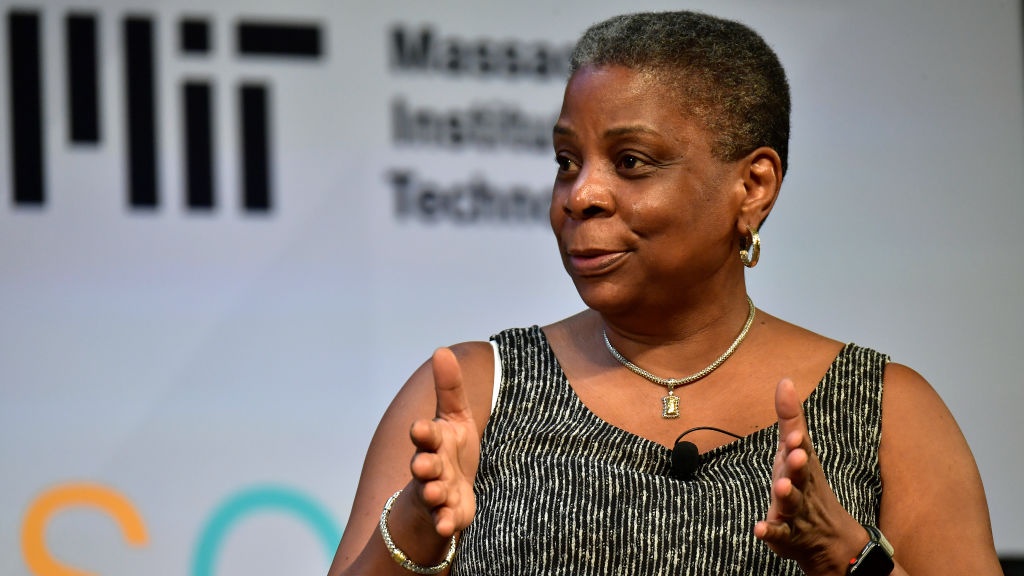Ursula Burns spent her entire career at Xerox, starting as an intern in the 1980s. She worked her way up from that internship to become the first Black woman to head a Fortune 500 company when she held the title of CEO from 2009 to 2016 and the title of chair from 2010 to 2017.
As Blavity previously reported, Burns has also advised and consulted multiple billion-dollar businesses. She parted ways with Xerox after the company split into two divisions.
As a female history maker herself, Burns has decided to contribute $1 million to The HistoryMakers, an oral archive that has recorded the stories of more than 3,300 Black Americans to immortalize the important stories of Black women trailblazers, according to U.S. News.
For 20 years, The HistoryMakers has shared the self-styled oration of notable pioneers in a number of fields including Hank Aaron, Maya Angelou and Ruby Dee. Although the organization was founded and led by Black women, the unequal number of women's stories vs men's, 800 more, started to become a concern.
That's why The WomanMakers initiative was launched with a $1 million gift from Burns during a January 31 luncheon in New York City. Burns presented Julieanna Richardson, who founded The HistoryMakers in 1999, with the gift in memory of Burns' late husband, Lloyd Bean.
“We have to value our own stories," Burns said in a phone interview according to ABC News. “We have to teach ourselves to actually value ourselves in our society."
An advisory committee for The WomenMakers initiative will help determine the 180 women whose stories will be recorded and archived with Burns' gift. The committee is made up of prominent, high-profile figures including Anna Deavere Smith and Anita Hill.
While Richardson founded The HistoryMakers, it is not lost on her how historically Black women have felt as though they had to forego telling their own stories in order to document and serve the community as a whole.
“When you look at different periods of time, even the modern-day civil rights movement, often the story of women's roles is not well-recorded or told," said Richardson. Women were the ones keeping the records, but, “we aren't keeping their histories at the same time."
The WomenMakers is an effort to right the wrong of generations of Black women's contributions being forgotten at the moment and heralded after the fact. Burns believes that in these fraught times the need to document Black women history makers is more important than ever.
“These endemic, unbelievably prejudicial discussions we’re having today about things we should no longer be talking about, the value and the worth of a human being that people think they can derive from the color of their skin," she said.
“I am really animated about this time because all of this work that has been undertaken before I got here that enabled me to get here, they’re chipping away and eroding that and I just can’t allow that to happen without some attempt to make people understand there's so much more to the story," Burns added.

